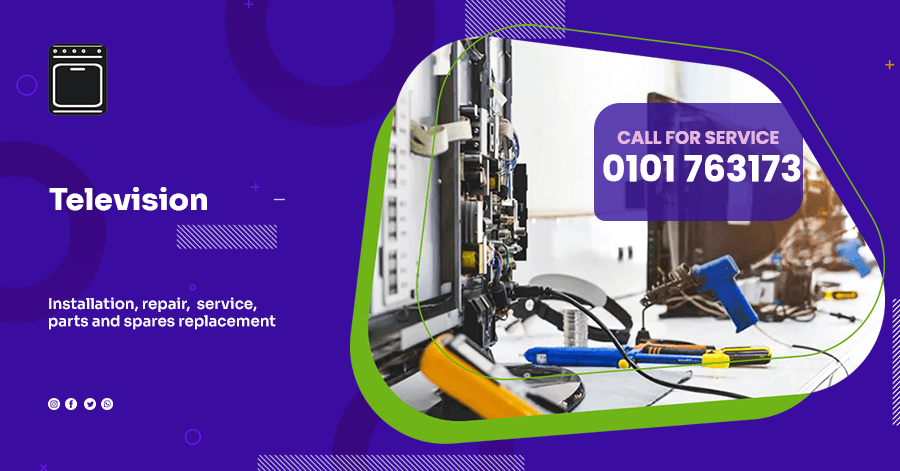When to Replace Your TV Cable Tuner
Your cable tuner is the unsung hero of your entertainment setup, quietly working behind the scenes to deliver crisp channels and seamless viewing experiences. However, like all electronic devices, cable tuners don’t last forever. Knowing when to replace this crucial component can save you from frustrating interruptions and ensure you’re getting the best possible picture and sound quality.
Signs Your Cable Tuner Needs Replacement
The most obvious indicator that your cable tuner is failing is poor signal quality. If you’re experiencing frequent pixelation, where the image breaks up into small squares, or if channels are freezing mid-program, your tuner may be struggling to process incoming signals properly. These issues often start intermittently but tend to worsen over time as the internal components continue to degrade.
Audio problems are another red flag. If you notice crackling sounds, audio that cuts in and out, or complete loss of sound on certain channels while others work fine, the tuner’s audio processing circuits may be compromised. Similarly, if some channels come through clearly while others appear snowy or refuse to tune in at all, this selective channel loss typically points to tuner hardware failure.
Temperature-related issues also signal tuner problems. If your device feels unusually hot to the touch or if performance degrades significantly after the unit has been running for several hours, internal components may be overheating due to failing fans or clogged ventilation systems.
Age and Technology Considerations
Cable tuners typically last between five to eight years with regular use. However, the rapid pace of broadcasting technology means your tuner might become functionally obsolete before it physically fails. If your tuner is more than five years old and doesn’t support current standards like ATSC 3.0 for over-the-air broadcasts or the latest cable encryption protocols, you may be missing out on better picture quality and additional features.
Older tuners often lack support for high-definition formats that have become standard. If you’ve upgraded to a 4K television but your cable tuner only outputs 1080i or 720p, you’re not maximizing your display’s capabilities. Modern tuners offer superior upscaling, better color accuracy, and support for HDR content that can dramatically improve your viewing experience.
Performance and Reliability Issues
Frequent rebooting or freezing indicates that your tuner’s internal software or hardware is becoming unstable. While occasional glitches are normal, if you find yourself unplugging and restarting your tuner multiple times per week, replacement is likely more cost-effective than repeated service calls.
Remote control responsiveness is another performance indicator. If your tuner takes several seconds to respond to channel changes or menu navigation, or if it occasionally ignores commands entirely, the internal processing power may be insufficient for current demands.
Cost-Benefit Analysis
Before replacing your tuner, consider repair costs versus replacement expenses. If repair estimates exceed 60% of a new unit’s price, replacement makes more financial sense. Additionally, factor in the opportunity cost of dealing with ongoing reliability issues and the potential for future problems with aging hardware.
Energy efficiency has improved significantly in newer tuners. If your monthly cable bill includes equipment rental fees, purchasing your own modern tuner can provide long-term savings while delivering better performance and features.
When to Act Quickly
Certain situations demand immediate tuner replacement. If your device has suffered physical damage from power surges, water exposure, or impact, continuing to use it risks damaging other connected equipment. Similarly, if you’re experiencing complete signal loss across all channels, waiting too long might result in missing important programming or communications.
Contract considerations also matter. If you’re renting equipment from your cable provider and experiencing problems, document the issues before your service agreement renews. Purchasing your own replacement tuner can provide better long-term value and eliminate monthly rental fees.
Making the Right Choice
When selecting a replacement tuner, ensure compatibility with your cable provider’s current technology standards and consider future-proofing features. Look for units supporting the latest compression standards, multiple simultaneous recordings, and integration with streaming services.
Your cable tuner replacement timing depends on balancing current performance issues against the cost and benefits of upgrading. While minor inconveniences might be tolerable, persistent problems that interfere with your viewing enjoyment warrant prompt action. Investing in a quality replacement tuner ensures reliable entertainment and often provides enhanced features that justify the upgrade cost.
